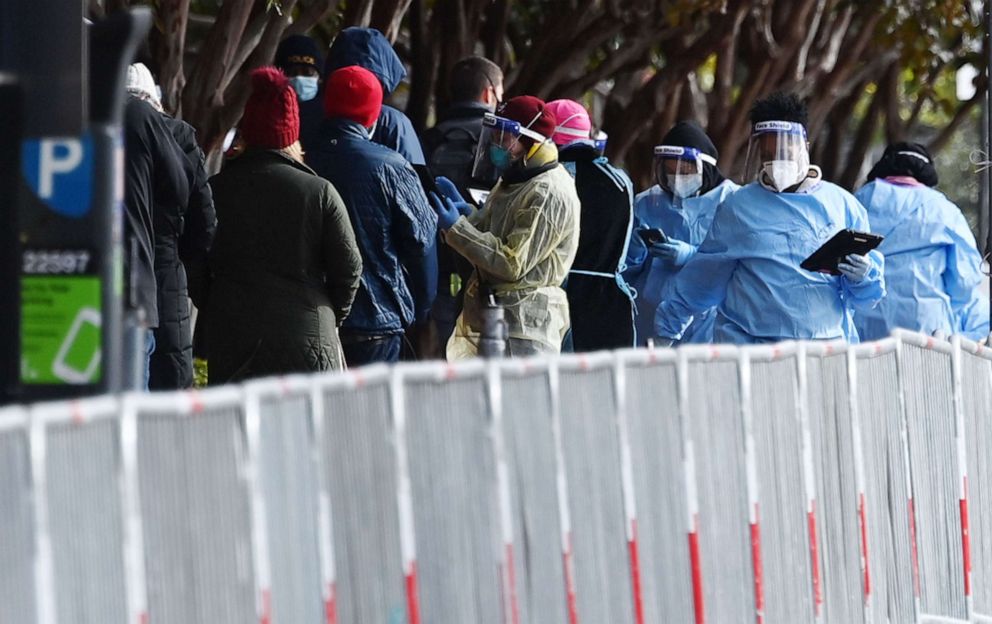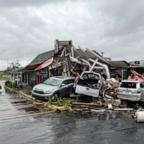COVID-19 deaths rates increased worldwide in past week: WHO
COVID-19 fatality rates continue to increase globally, with more than 67,000 new deaths reported in the week ending Nov. 22, according to the World Health Organization.
That continues an upward trend since mid-October, according to the WHO's weekly global epidemiological situation report.
The European region is the largest global contributor of new cases and fatalities, with Italy reporting the highest number of new cases in the region and the third-highest globally. Cases have decreased 6% in Europe, "a sign that the re-introduction of stricter public health and social measures ... is beginning to slow transmission," the report said.
The U.S. reported a 14% increase in cases and a 23% increase in deaths, according to the report. Fatalities nearly doubled over previous weeks in Puerto Rico.
The African region reported the highest increase in new cases (15%) and deaths (30%) this week, according to the report.
ABC News' Christine Theodorou contributed to this report






